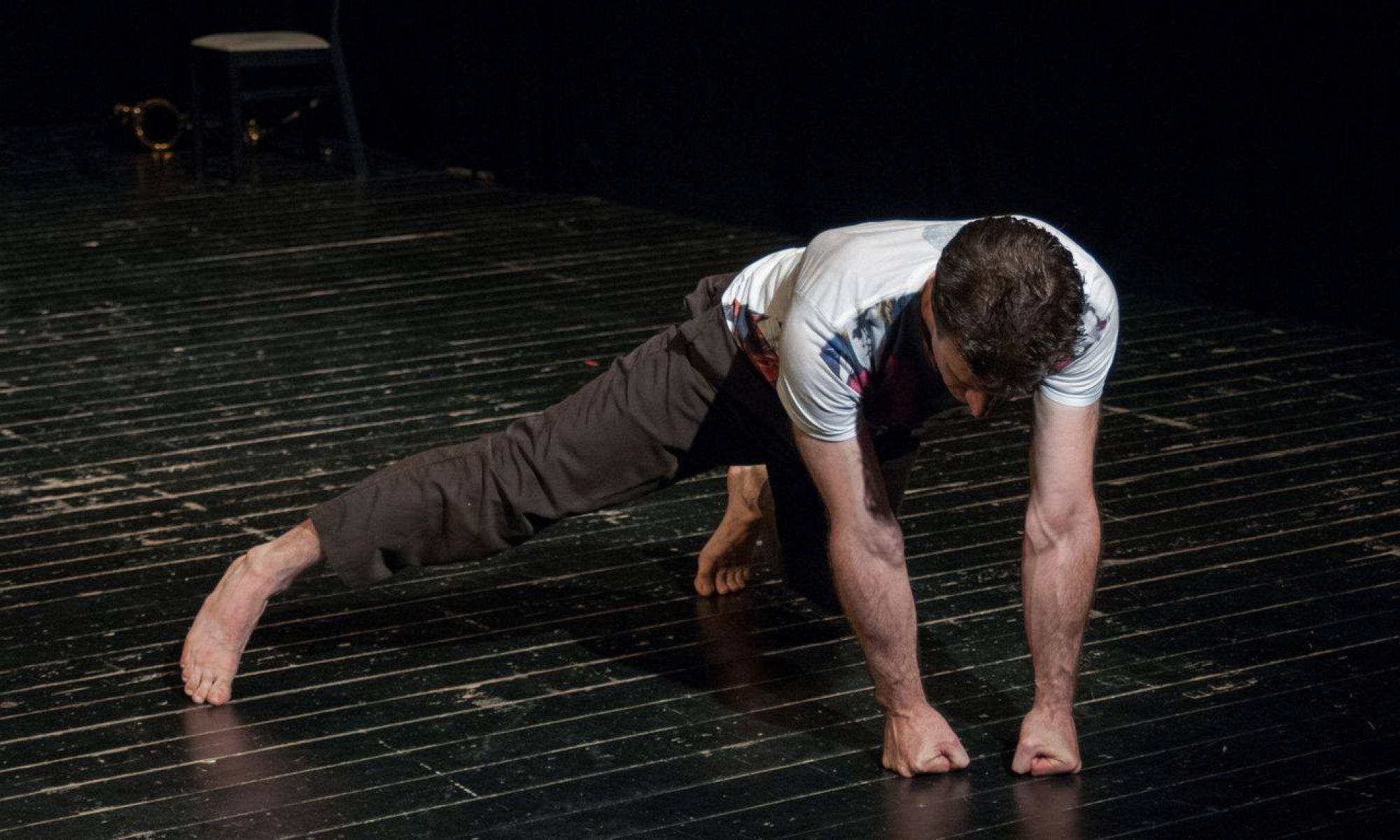We can define science as the systematic study of the natural world through observation and experiment, yielding an organized body of knowledge on a particular subject. The human [body] is undeniably a suitable subject for scientific study, and one purpose of [dance] is careful observation of one’s own [body]. This observation reveals consistent patterns that [dancers] share with one another and with teachers who direct their practice. Master [dancers] weigh these observations against their own experience and knowledge passed down from previous generations of [dance] masters, thereby generating models of the [body]. Over thousands of years, [dancers] have tested, refined, and reworked their models of the [body] based on new insights as later generations developed new [dance] techniques. Thus, over time, an organized body of knowledge has accumulated describing the nature and behavior of the [body] at a very fine level of resolution. This is one sense in which certain forms of [dance] qualify as science.
excerpted and altered from https://blogs.scientificamerican.com/guest-blog/your-brain-as-laboratory-the-science-of-meditation/




